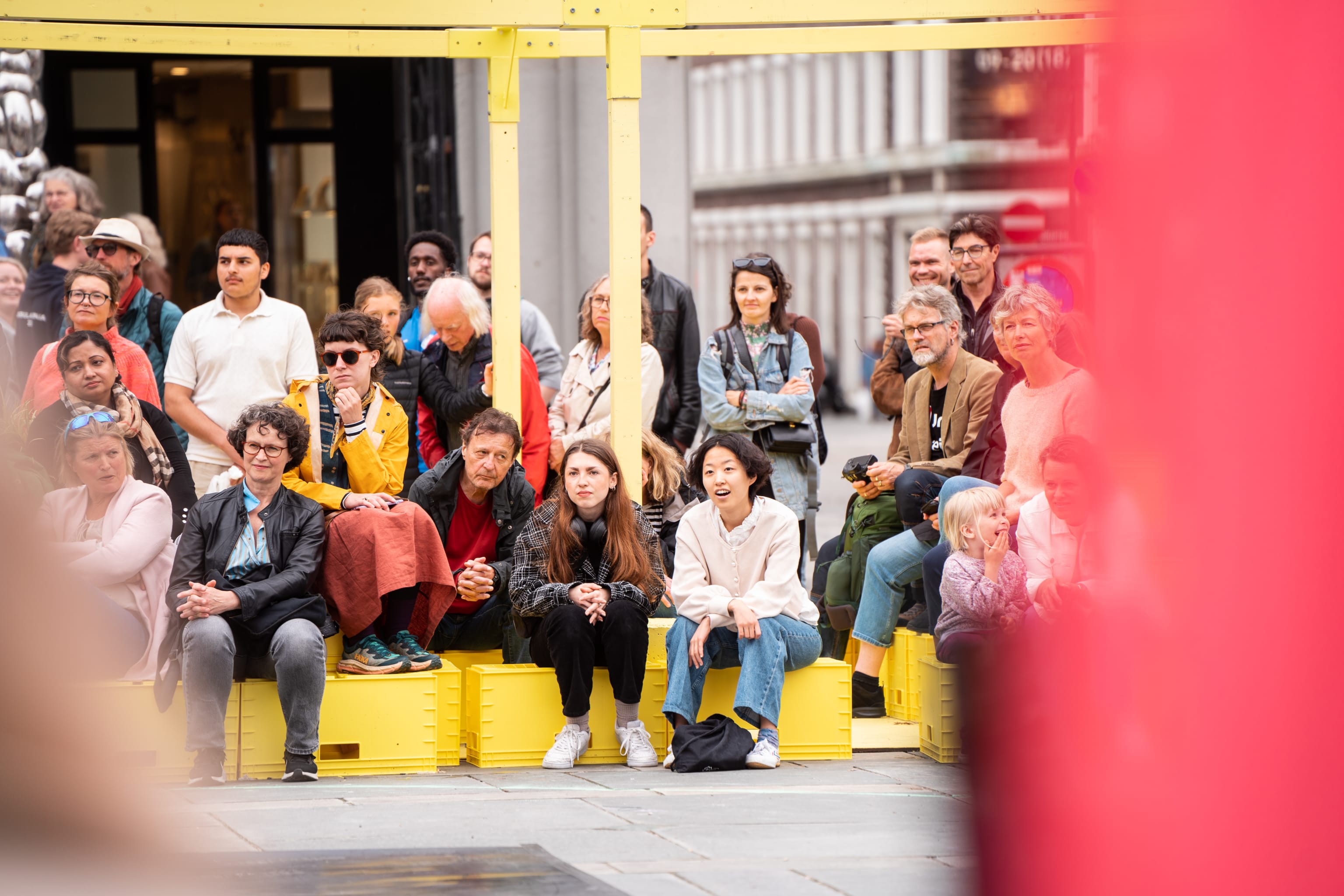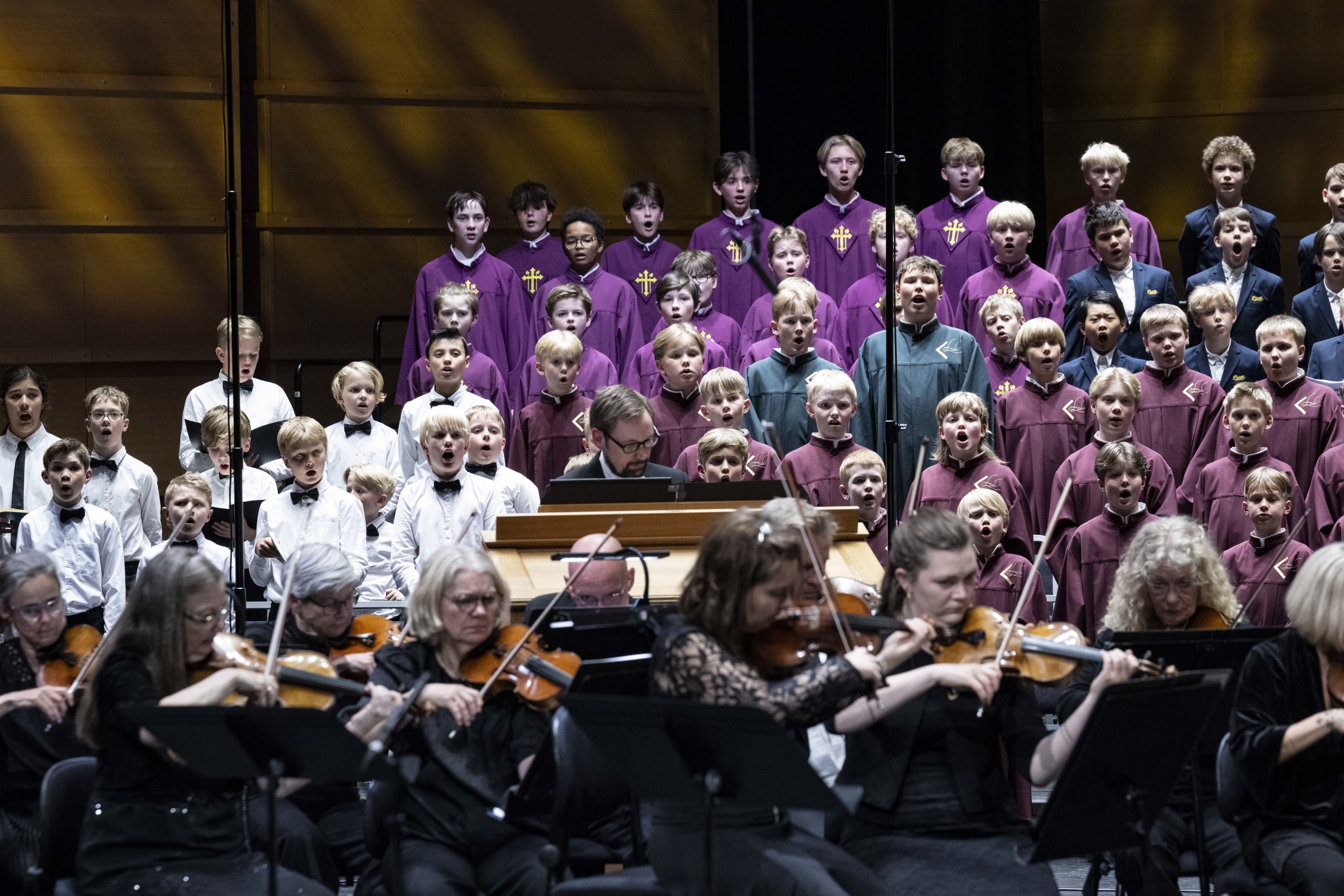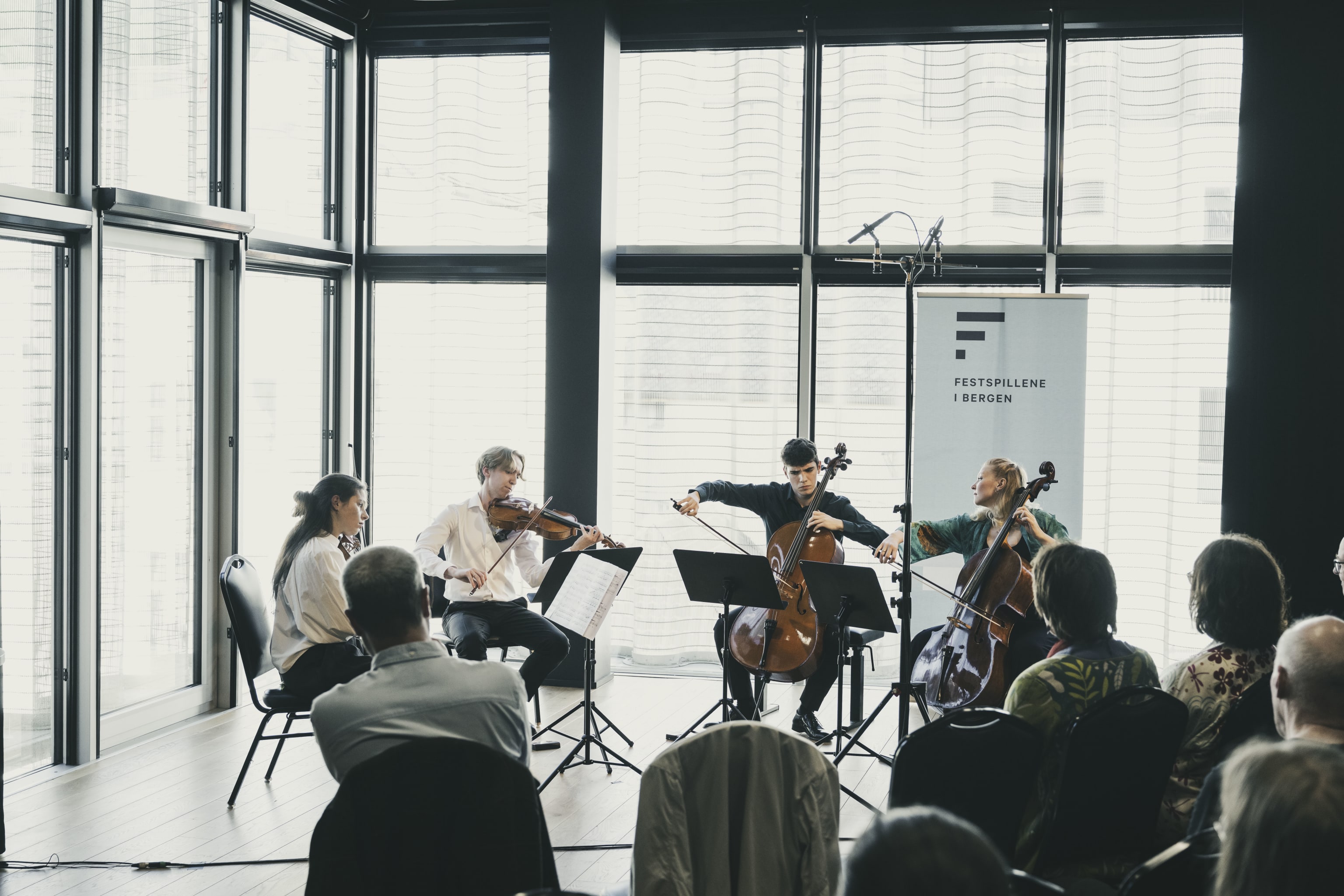
Peer Gynt returns to the Festival - twice!
- Home
- Festival
- 2020-and-before
- Articles
- Peer Gynt Returns To The Festival - Twice!
January 09, 2012
Composer Edvard Grieg and dramatist Henrik Ibsen both had links to the city of Bergen and are central to the Bergen International Festival programme. In 2012 we present two versions of Peer Gynt. The Peer Gynt character has shaped the Norwegian culture and self-image for more than a century.
“Peer Gynt” is a dramatic poem written in 1867 by Henrik Ibsen. Nine years later a stage adaption premiered with music by Norwegian composer Edvard Grieg. Since then both the play and the music have been performed all over the world.
During the Festival, a number of concerts are held in Grieg’s villa Troldhaugen outside Bergen, where he lived with his wife Nina from 1884 until his death in 1907. Henrik Ibsen also lived in Bergen, after being invited to work at the city’s theatre by violinist Ole Bull. In fact, these intellectual leaders’ connection to Bergen is one of main reasons for establishing a festival here. During the Festival’s 60 years, “Peer Gynt” has been performed a number of times, and Grieg’s music is featured every year.
Anniversary Concert with Peer Gynt
With the Bergen Philharmonic Orchestra, which for a period had Grieg himself as principal conductor, the Festival presents excerpts from Peer Gynt during the Anniversary concerts of 31 May and 1 June. Here you can experience famous works such as Morning Mood, Anitra’s Dance and In the Hall of the Mountain King.
Watch the Bergen Philharmonic Orchestra perform excerpts from Peer Gynt
Peer Gynt and the perspective on human life
During the Grieghallen concerts two actors will perform short excerpts from the dramatic poem. At the theatre Den Nationale Scene a controversial, vital and nightmarish version of the original play is presented from 29 to 31 May. At this venue you can experience Peer Gynt from a completely new angle. The director of the Bergen International Festival believes that this production, and other Ibsen productions at the Festival in recent years, present new aspects of this central piece of theatre history. – This performance makes the problems posed by the play relevant to us today – in a highly surprising and successful way, says the Festival director.
‘What does it mean to be oneself?’ asks Peer, confronting us with the most difficult question in the world. Peer’s wild, exciting journey around the world is also a desperate journey into Peer’s own interior. He tries to find himself, but gets lost in the labyrinths of his mind. Too late, he realises that the love and acknowledgement he seeks was squandered on his search for power and fame. With Peer Gynt, Ibsen offers us an opportunity to reflect on our perspective on human life and the necessity of protecting human values and benevolence in a complicated world. The performance is titled in English.









